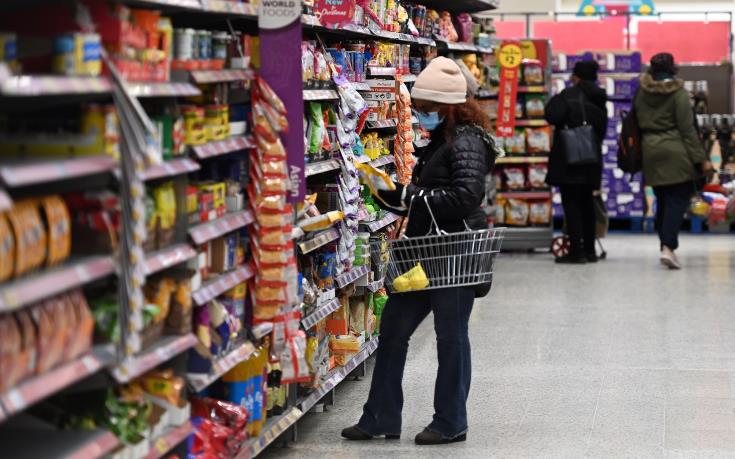Cyprus’ Economy and Competitiveness Council on Monday released a report illustrating that the prolonged and pronounced increase in consumer prices and inflation has been ranked by both public and private sector experts as having the most severe consequences for the Cypriot economy.

Cyprus’ Economy and Competitiveness Council
“The significant and prolonged increase in prices and inflation has a risk index of 93 per cent and is considered as a source of danger, with a 90 per cent probability of occurrence, while its severity of consequences has been ranked at 96 per cent, and is due to take place within the next two years,” the council said.
“This is followed by the deterioration of climate conditions with a risk index of 82 per cent, with a 78 per cent probability of occurrence, and severity of consequences of 85 per cent,” the council added, noting, however, that it is not considered an immediate risk in terms of its timeline, but is expected to occur within the next 5-10 years.
The results of the research, as well as the indicators designed to assess the risks, were presented on Monday at a press conference at the Ministry of Finance.
The press conference was led by council members Charalambos Papageorgiou and Evangelos Tryphonos, as well as Pulse Market Research director Panayiotis Panayiotou, the research company that undertook the analysis of the data.
The first recording of the data took place during the period between April and June 2022, with 25 economy executives taking part, tasked to provide their own assessments regarding the 17 most likely risks for the Cypriot economy.
According to the survey, the risk of “tensions in the eastern Mediterranean with the possibility of a tense episode with Turkey” is ranked third with a risk index of 78 per cent.
The above percentage factors in a 62 per cent probability of this happening, combined with a 93 per cent probability that any consequences would have a very high severity.
This is followed by the “mass influx of immigrants” with a risk index of 75 per cent, with a 70 per cent probability of occurrence and 80 per cent of participants saying that there would be a high severity of consequences.
The risk of “cyber attacks” comes in fifth place with a risk index of 75 per cent, with a 65 per cent probability of occurrence and high severity of consequences standing at 85 per cent.
In sixth place is the risk of “failure to execute digital transformation” with a risk index of 74 per cent, with a 60 per cent probability of occurrence and high severity of consequences at 87 per cent.
This is followed by “deterioration of public finances and a significant increase in public debt” with a risk index of 73 per cent, with a 64 per cent probability of occurrence and high severity of consequences standing at 82 per cent. Subsequent risks include a “large drop in tourist arrivals” with 73 per cent, as well as a “financial collapse of the general health system” with the same percentage.
The council said that the objective of using its own tool for monitoring and assessing the potential risks to the Cypriot economy is to record and prioritise the most important risks by queering selected members of the private and wider public sector from various branches of the economy, as well as the academic community.
In addition, the council also said that the careful management and minimisation of a country’s risks, economic or otherwise, is of the utmost importance, which is why it is important to identify and measure those risks ahead of time.
Council board member Evangelos Tryfonos said that the council first acknowledged the need for such a tool in February 2021.
“Although the council recorded various risks and weaknesses in the past, the need to have a scientific tool that will help in the correct and effective management of risks was also highlighted,” Tryfonos said.
“The fact that the Cypriot economy is small, open and therefore more vulnerable makes this need even more imperative,” he added, noting that “political crises and economic shocks have and will continue to have an impact on the economy and should be assessed so that they can be treated accordingly”.







Click here to change your cookie preferences